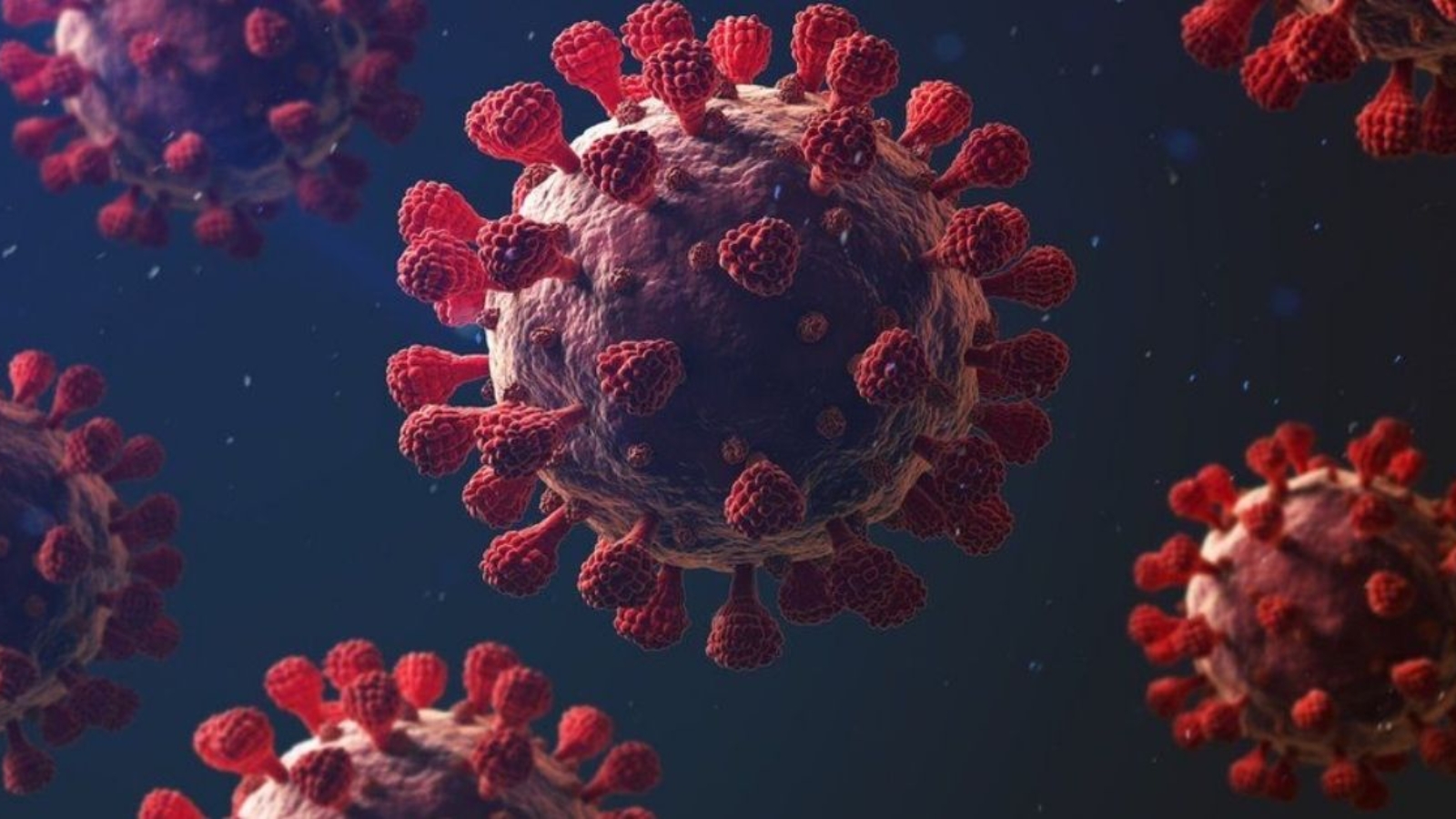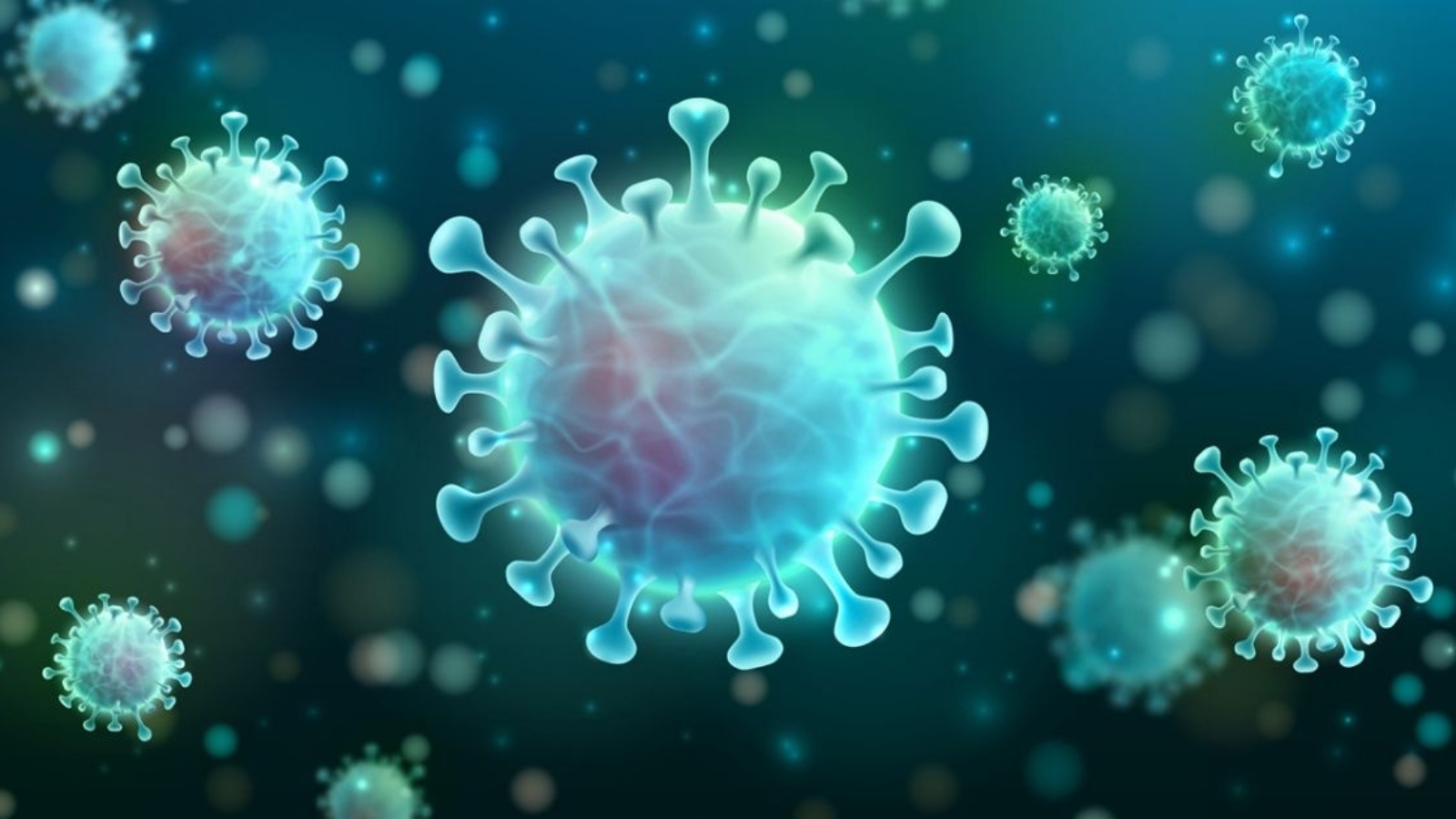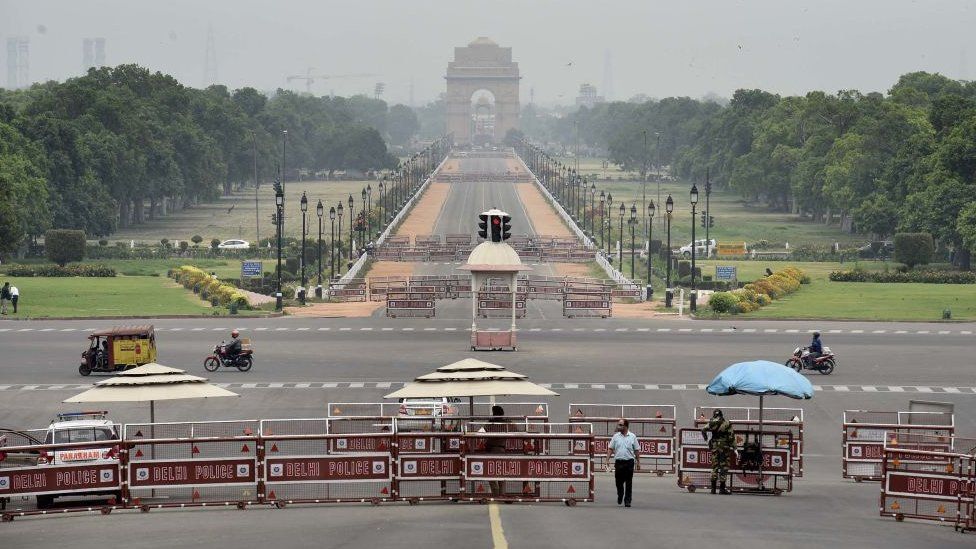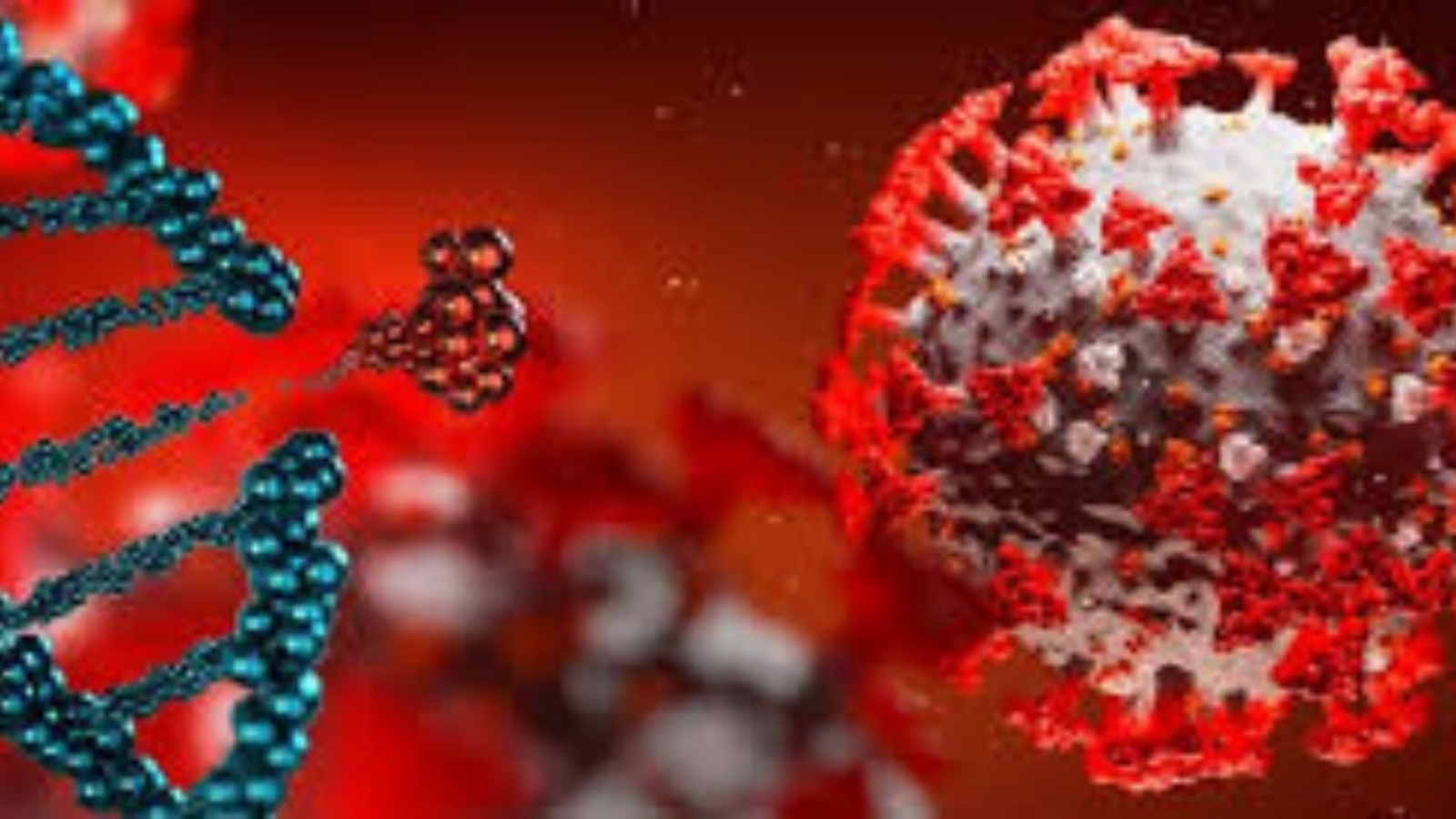STRANDOMS: the stray and random thoughts
March 29,2020
Prof. S. Ramkumar
Education
COVID 19 : Managing Information, a key to control
One of the important, if not the most is appropriate information delivery reaching every human being on the planet on advisories and guidelines to be followed to contain the spread of COVID 19. We are advised on “washing of hands with soap”, “social distancing” and “stay at home” to break the chain as the key modes of preventing the disease. However there is loads of information in every source that speaks on various aspects of this situation. How do we manage them in the best interest of the attempts of the Government in “containing the disease’? Information management by every citizen plays a key role.
This is about the “information” that COVID 19 situation generates and spins around the humanity of our planet. In simple terms it’s about how cautious we need to be as “managers of Information” on what we hear, listen, talk and spread – whatever maybe the media we depend on.
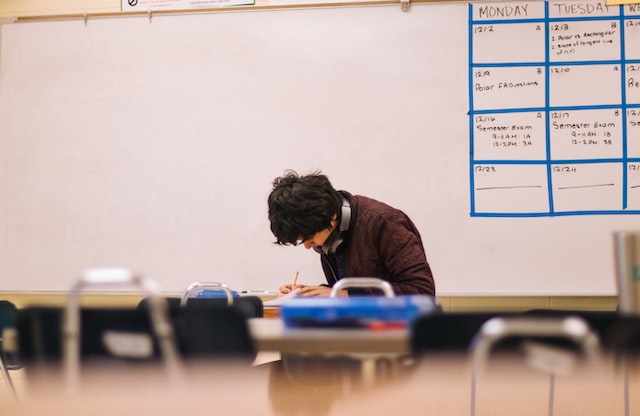
Ultimately, we need reliable, usable, understandable information to the extent it is needed. Anything less or more can unnecessarily add to the panic. This is being attempted to be explained by concept of (1) “positioned instinct” and (2) “satisficing”.
- I put forward a concept of “positioned instinct” Vs “displaced instinct” for the present time and era.
With innumerable number of information sources, the present day has no dearth of technology to transport information- spontaneously and instantly to any nook and corner of the globe. That is a great achievement that helps us to fight the unexpected disasters like the COVID 19 outbreak. As “techno sapiens” we have the nature of probing into an information. So far so good. With technology(ies) readily available, we have a tendency (which is good) to look into the situation and precautions to be taken. This is a human instinct, and responsibility. i.e. I look for specific information that should be equipped with in combating the spread of the disease. I am searching for information to satisfy “positioned instinct” which is a minimum need. But as techno sapiens our curiosity and anxiety make us move on the Information Highway, very fast than expected; from that specific information, to associated information, more, more and more…i.e the displaced instinct. Some lose their track, for some, information which was a curious object of satisfaction turns back on them, almost engulfing them. It’s like we start chasing the information and when it grows big, more than we can comprehend or handle in size and number, it starts chasing us and wrapping us around itself. Even if we run fast, it takes time for us to get relief from this massive, curious, overgrown object – “information”. This is “displaced instinct”, which is not so good at times of crisis.
Opinion formation through platforms (of TV, email, websites, fb, whatsapp twitter, instagram…) need to be analyzed quickly and sensibly. The “displaced instincts” or subjective interpretations of opinions thrown out irrationally can disrupt the very purpose of (social) media for humanity. It’s especially so in a situation of Disease control attempts like that of the present time.
As Government reiterates regularly only use reliable information sources to verify situation. Apply “positioned instinct” – specific to needs – reliable, timely and usable. Do not attempt to enter onto the Information highway- that can add to panic and anxiety. Even if we tend to enter, take exits appropriately, before information starts chasing you. We, as techno sapiens, need to evolve a behavior of “positioned instincts” within the media, especially in demanding crisis situations.
- “Satisficing” is a Scottish term that combines ‘satisfying” and ‘sufficing”. This has been interestingly analyzed by Edward O Wilson, the world renowned biologist and author, in his book CONSILIENCE; the unity of Knowledge (1998). I am quoting few lines from the book. In the Rational Choice Theory (RCT : first applied in Economics and later to other disciplines), the central concept is that above all else human beings are rational in their actions. They examine as best they can all the pertinent factors and weigh the likely outcome of following each potential choice in turn. They add in cost and benefit – investment, risk and emotional and material return – before deciding.
This is not an adequate picture of how people think. The human brain is not a very swift calculator, and most decisions have to be made quickly in complex settings and with incomplete information. So the question of importance in RCT is, how much information is enough? In other words, at what point do people stop reflecting and make up their minds? One simple strategy that provides a cut off point is ‘satisficing” -satisfying and sufficing. It means taking the first satisfactory choice encountered out of those perceived and reasonably available in the short term, as opposed to visualizing the optimum choice in advance and searching until it is found. Crisis situations demand quick and effective combating strategies, while the search for emerging truths of science has to be followed.
Let us be responsible in receiving, searching and disseminating information at this point of time. Information management by every citizen plays a key role!
